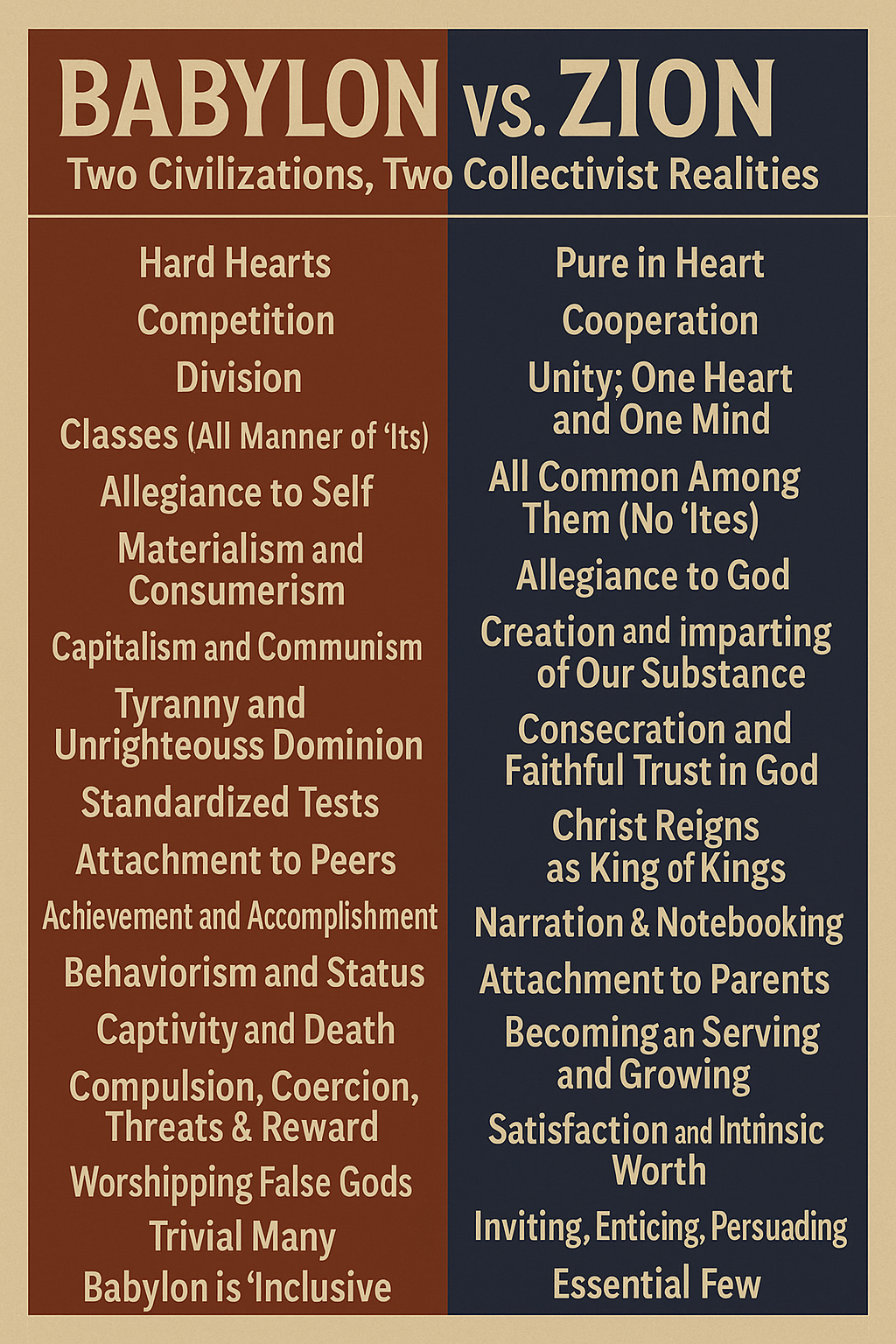Rest assured, the Argument you use today to restrict the rights of others will be used tomorrow to restrict your rights as well.
This statement highlights a fundamental principle about the nature of rights and the potential consequences of infringing upon them. Here’s an exploration of its meaning and implications:
Interpretation and Meaning
- Universal Application of Rights:
- Equality and Reciprocity: The principle suggests that any argument or rationale used to restrict the rights of one group or individual can eventually be applied universally, potentially leading to the restriction of your own rights.
- Golden Rule: It echoes the ethical principle of treating others as you would like to be treated. If you advocate for the restriction of someone else’s rights, you must be prepared for the possibility that the same restrictions could be imposed on you.
- Precedent and Slippery Slope:
- Setting Precedents: Legal and political actions set precedents. Restricting rights today can establish a precedent that justifies further restrictions in the future.
- Slippery Slope: Once rights begin to be restricted for some, it can become easier to justify additional restrictions, leading to a gradual erosion of freedoms for everyone.
- Impact on Civil Liberties:
- Erosion of Trust: When rights are restricted, it can erode trust in institutions and the social contract. People may become wary of government overreach and the potential for future abuses.
- Chilling Effect: The restriction of rights can create a chilling effect, where individuals self-censor or avoid exercising their rights out of fear of repercussions.
Historical and Contemporary Examples
- Post-9/11 Security Measures:
- Patriot Act: In response to the 9/11 attacks, the U.S. government implemented measures that expanded surveillance and law enforcement powers. While intended to enhance security, these measures also raised concerns about privacy and civil liberties.
- Balance of Security and Freedom: The ongoing debate about the balance between national security and individual freedoms illustrates the potential for rights restrictions to affect everyone.
- Censorship and Free Speech:
- Global Examples: In various countries, restrictions on free speech for certain groups or ideas can lead to broader censorship and the suppression of dissent across the population.
- Social Media and Expression: Efforts to regulate speech on social media platforms to combat misinformation or hate speech can lead to debates about the potential for overreach and the impact on free expression for all users.
Ethical and Philosophical Considerations
- Principle of Universality:
- Moral Consistency: Ethical arguments for restricting rights should be evaluated based on their universal applicability. If a justification for restricting someone’s rights cannot be consistently applied without leading to unjust outcomes, it may be fundamentally flawed.
- Human Rights: Human rights are based on the idea that all people are entitled to certain fundamental freedoms. Any action that undermines these rights for some people potentially undermines them for all.
- Social Contract and Governance:
- Legitimacy of Authority: Governments derive their legitimacy from the consent of the governed and the protection of individual rights. When rights are restricted arbitrarily or unjustly, it undermines this legitimacy.
- Rule of Law: The rule of law requires that laws are applied equally and fairly. Selective restrictions on rights can erode the rule of law and lead to authoritarianism.
The statement that “the argument you use today to restrict the rights of others will be used tomorrow to restrict your rights as well” serves as a powerful reminder of the interconnectedness of individual rights and the importance of protecting them universally. It underscores the need for vigilance in defending civil liberties, ethical consistency in our arguments, and awareness of the potential long-term consequences of restricting rights. By recognizing that any infringement on rights can set a precedent for further restrictions, we can better advocate for policies and actions that uphold the principles of freedom, equality, and justice for all.








One Response
Your blog is a constant source of inspiration for me. Your passion for your subject matter is palpable, and it’s clear that you pour your heart and soul into every post. Keep up the incredible work!